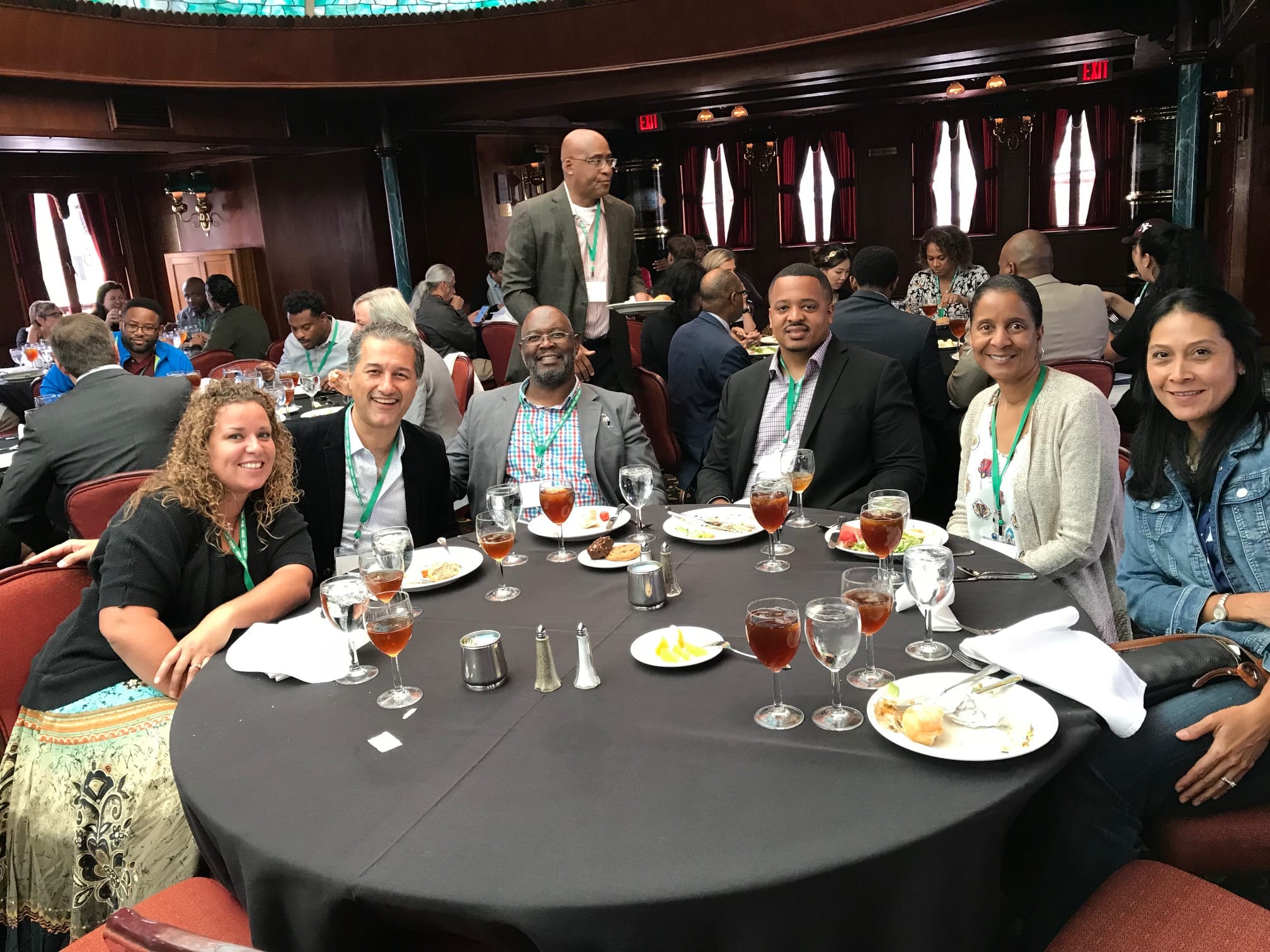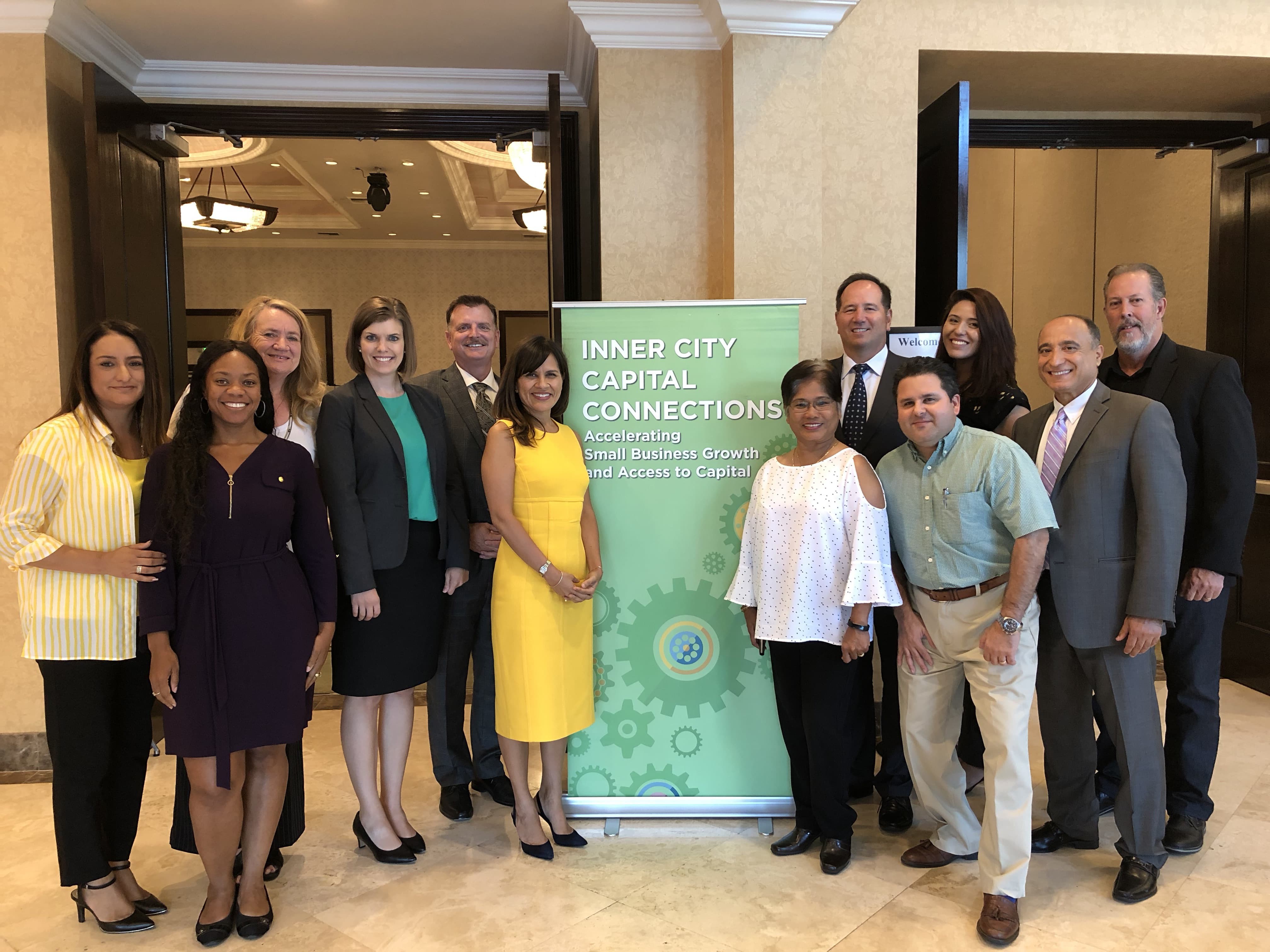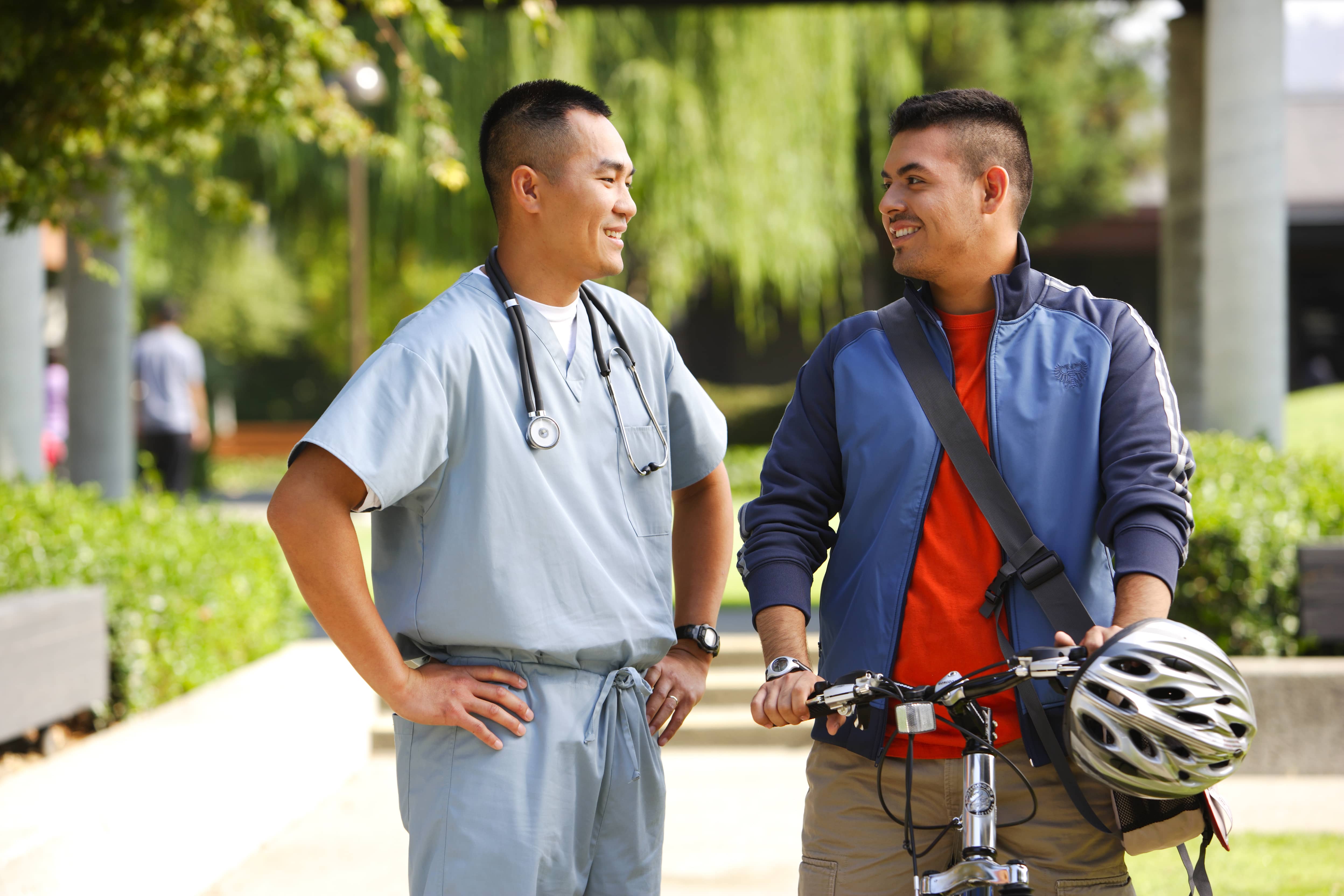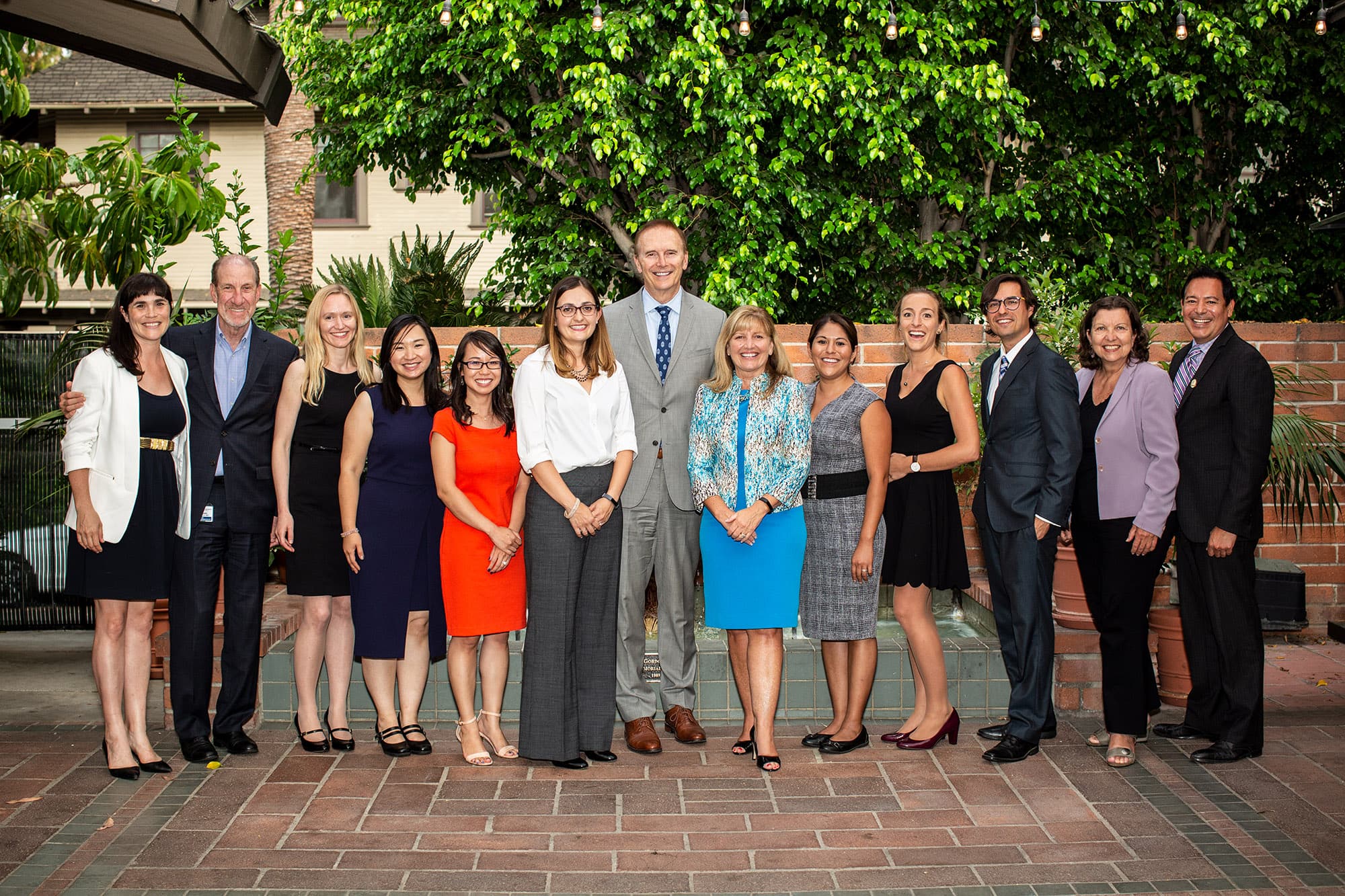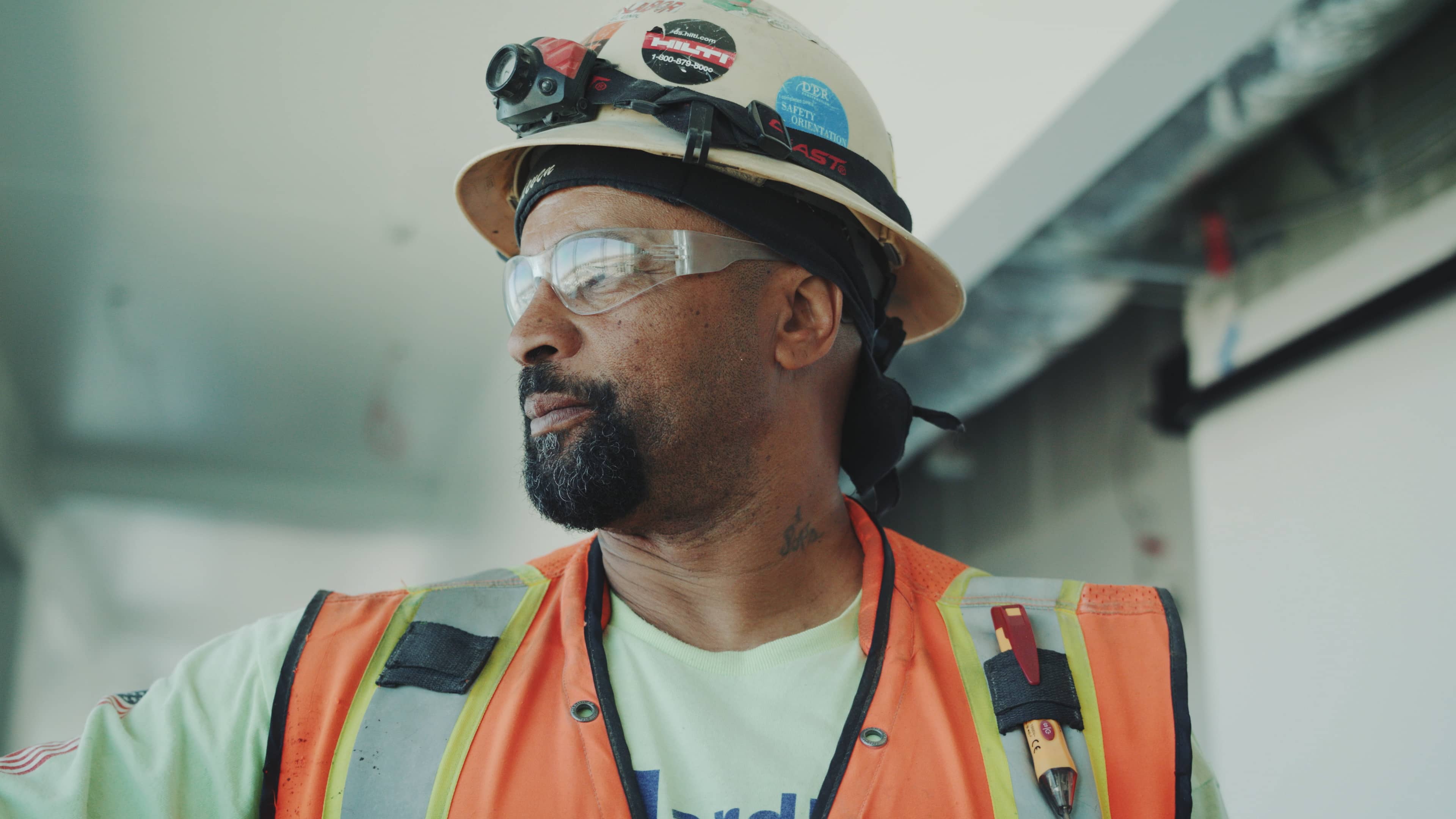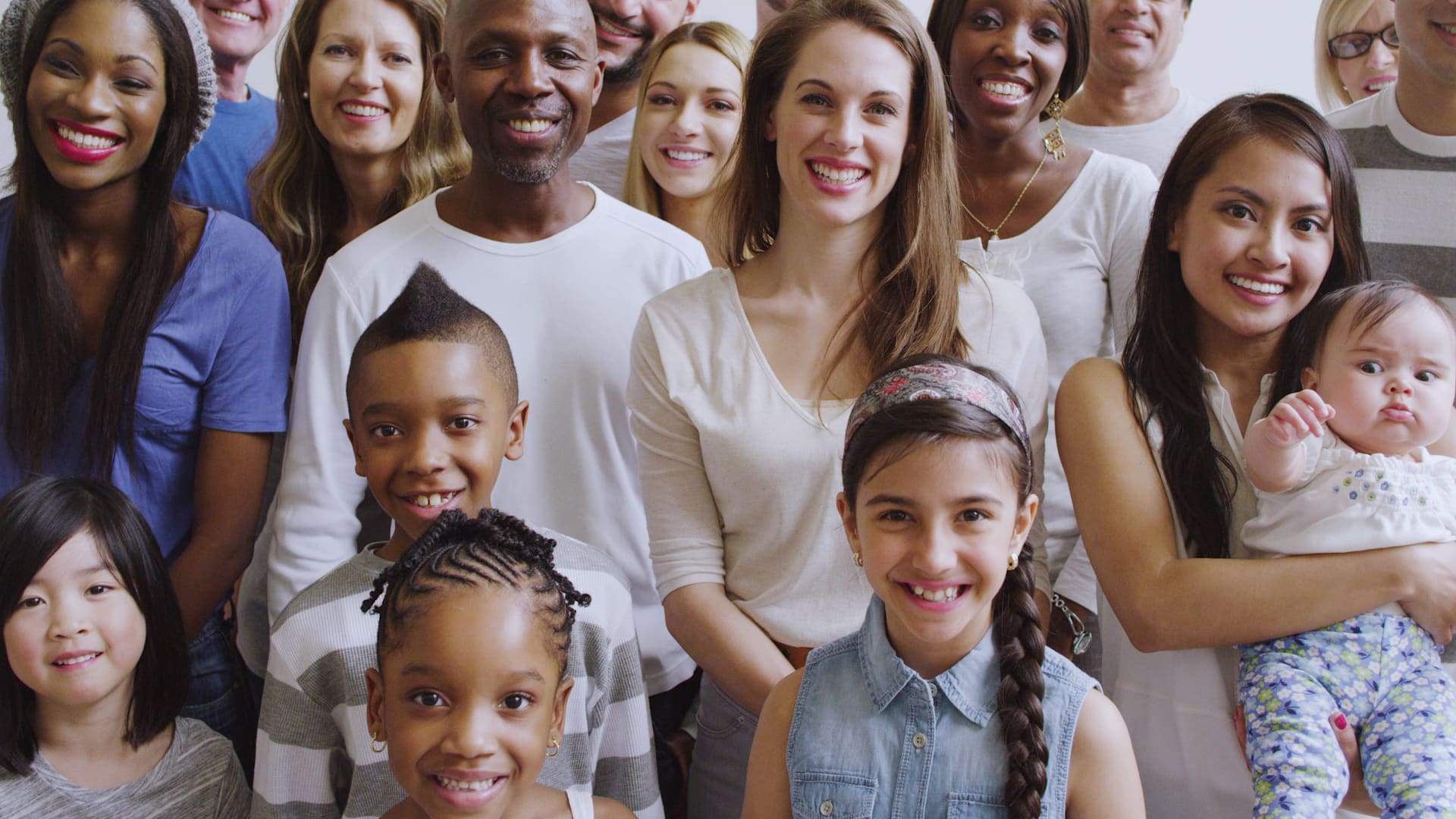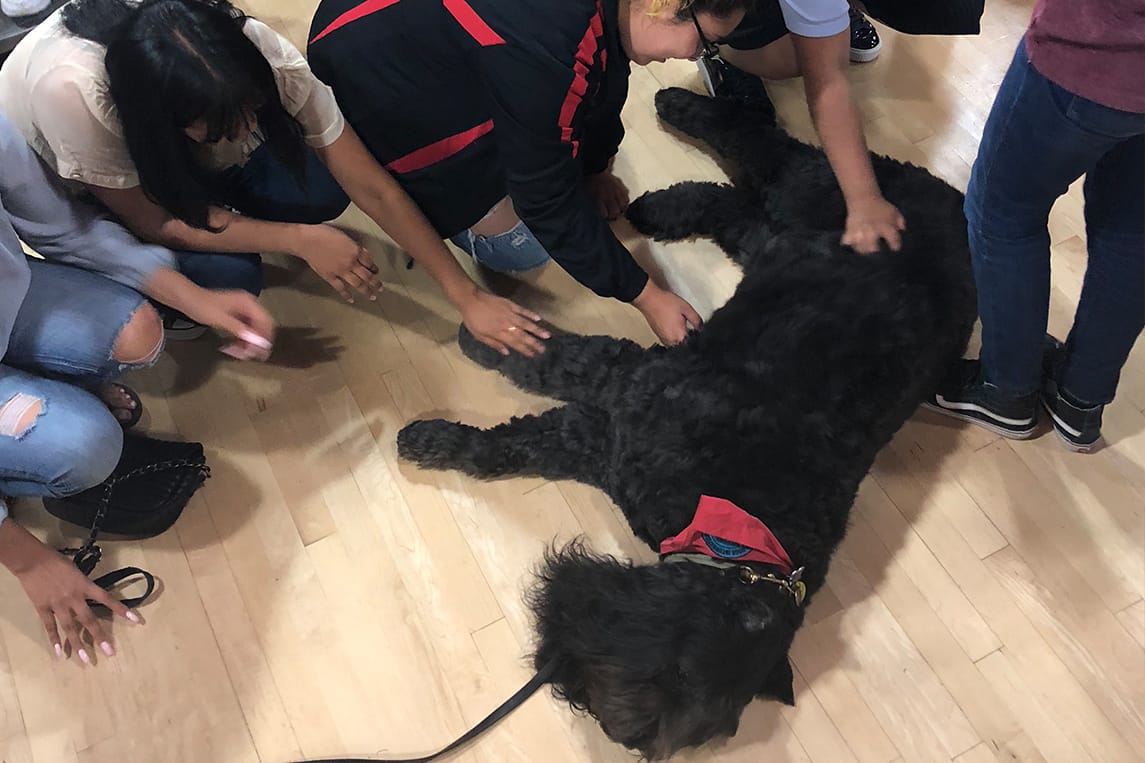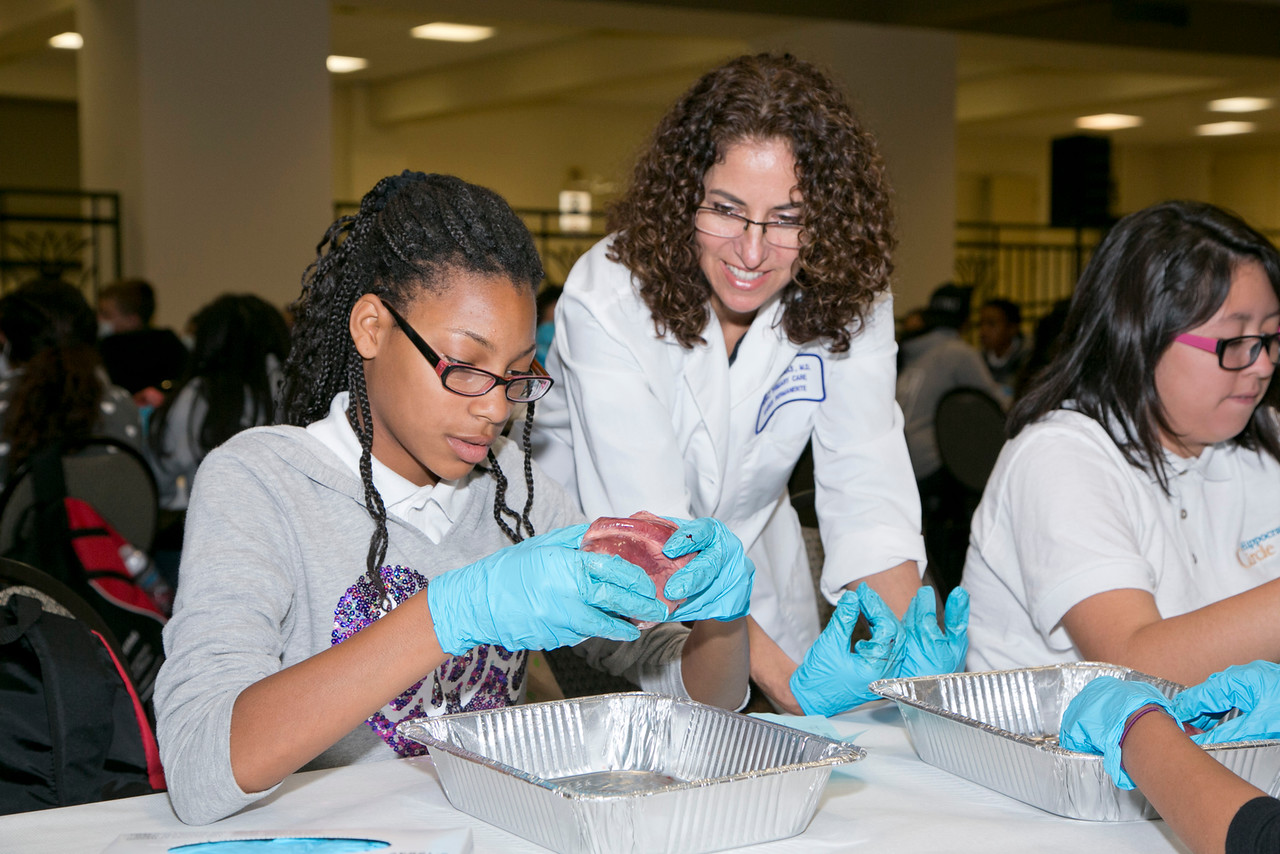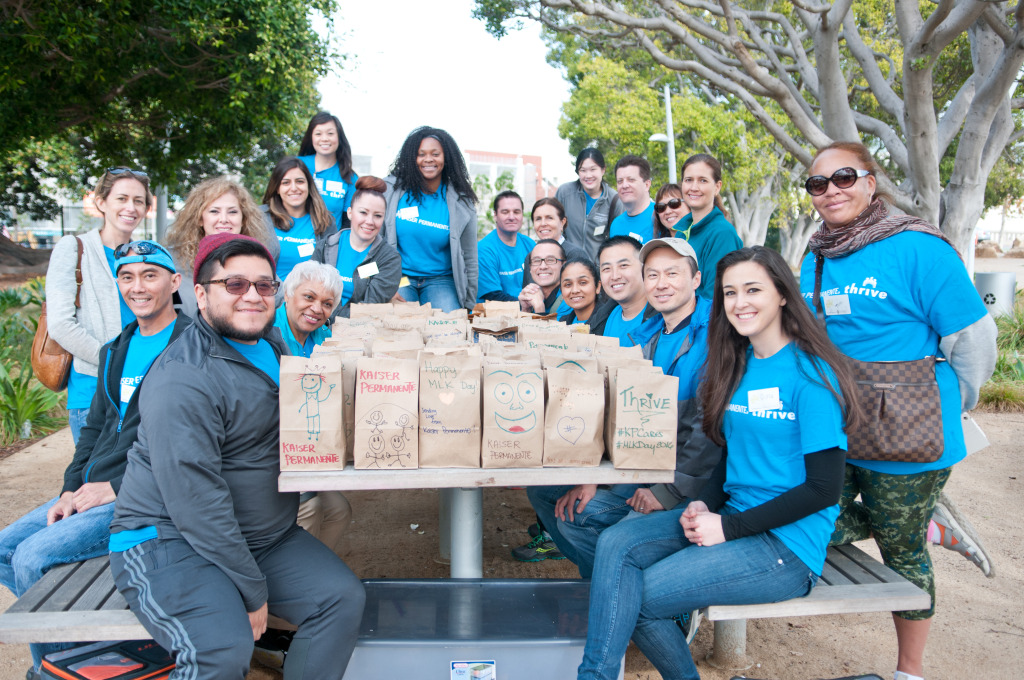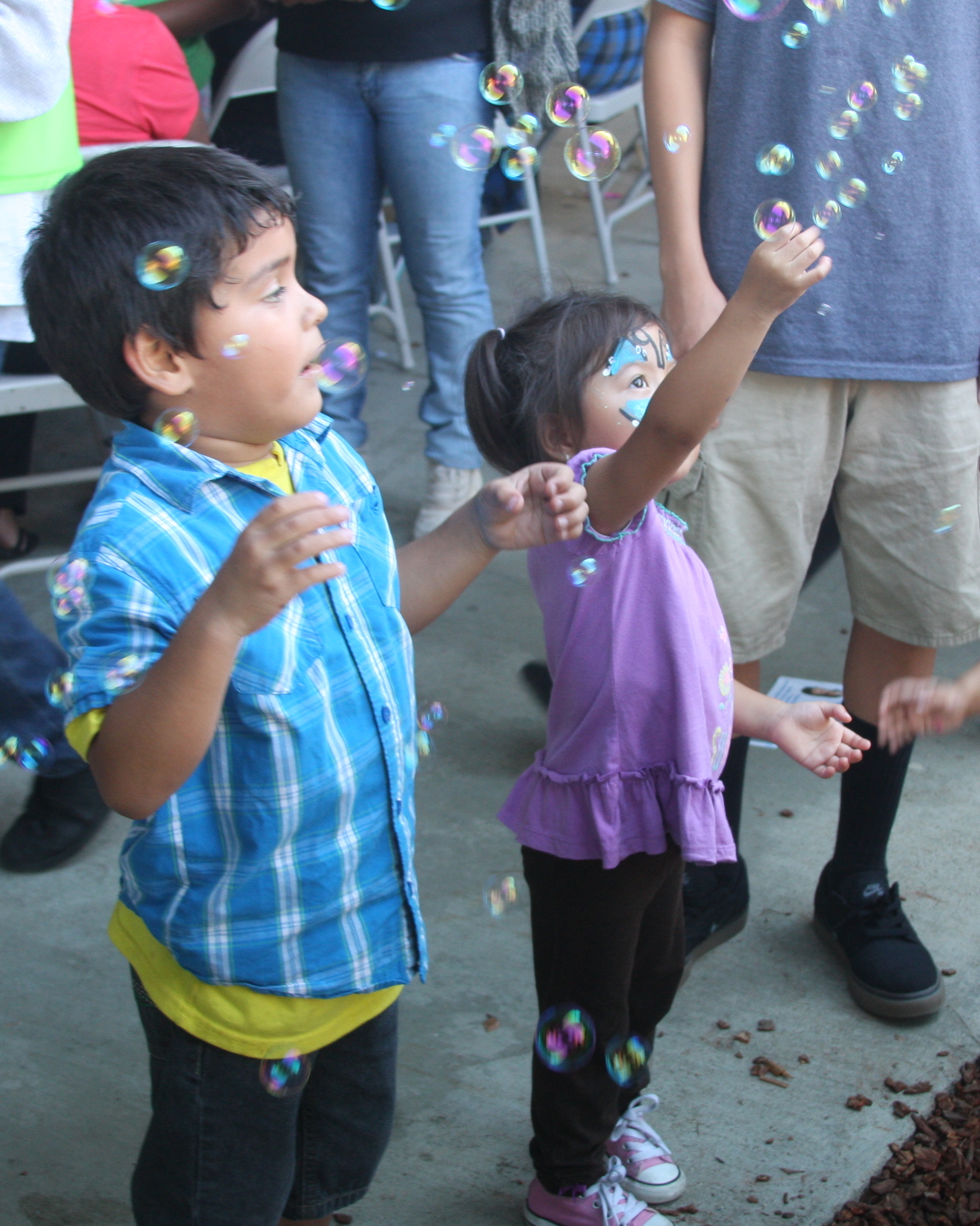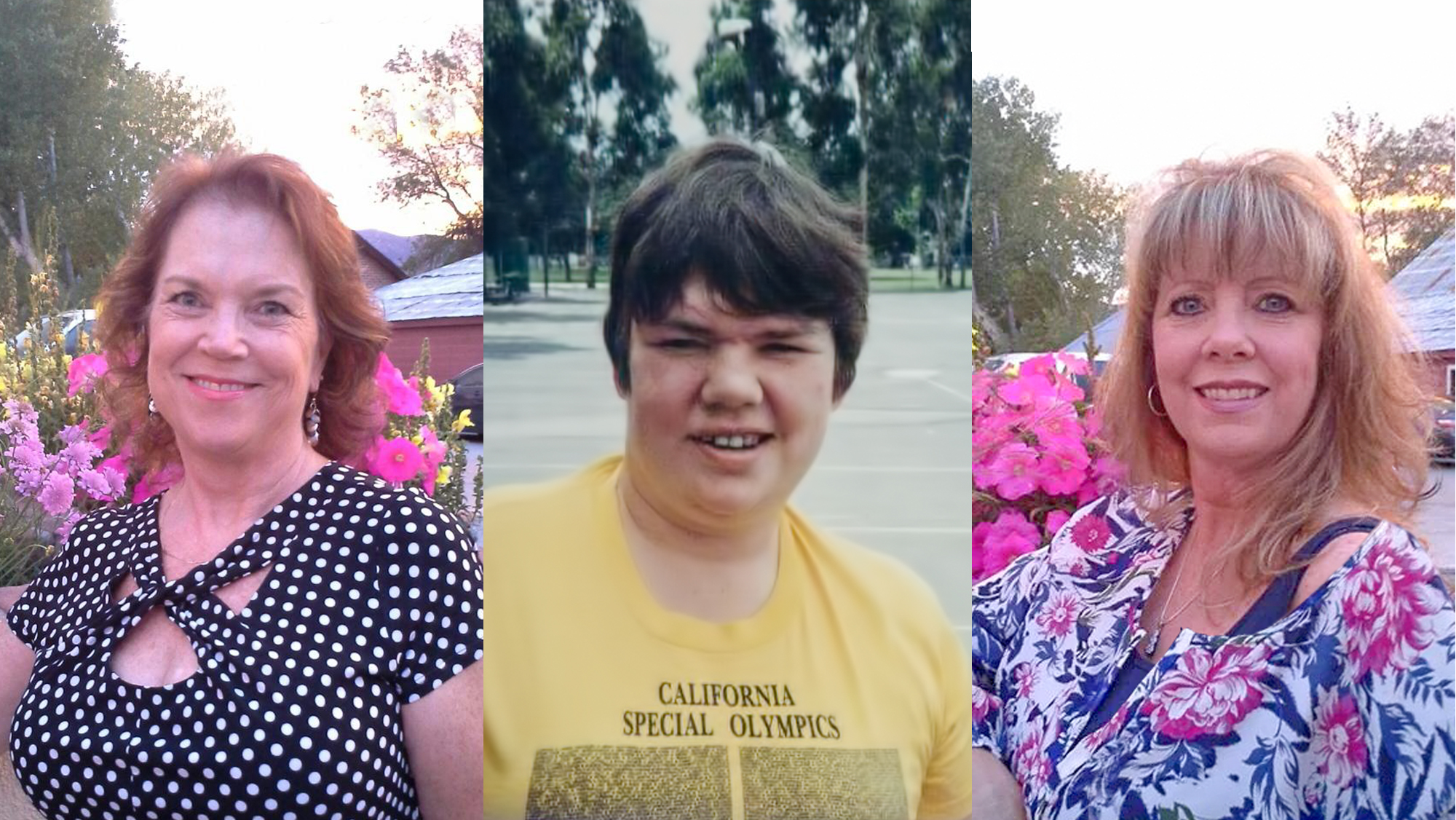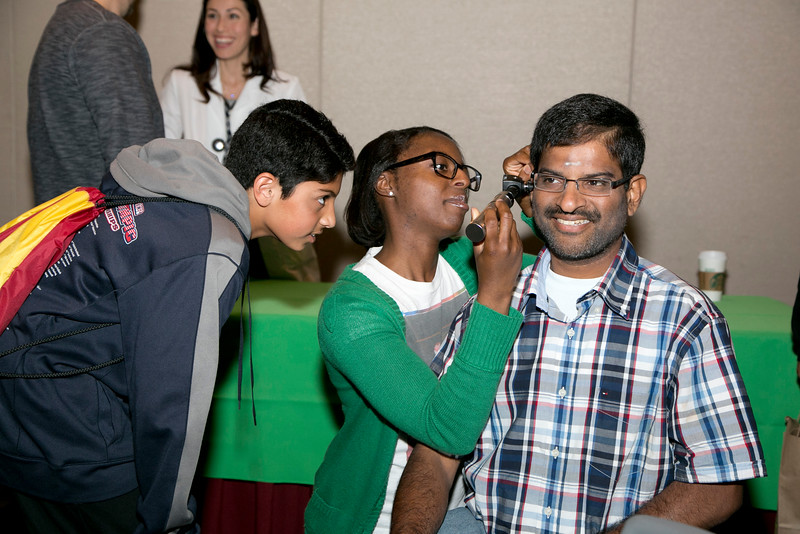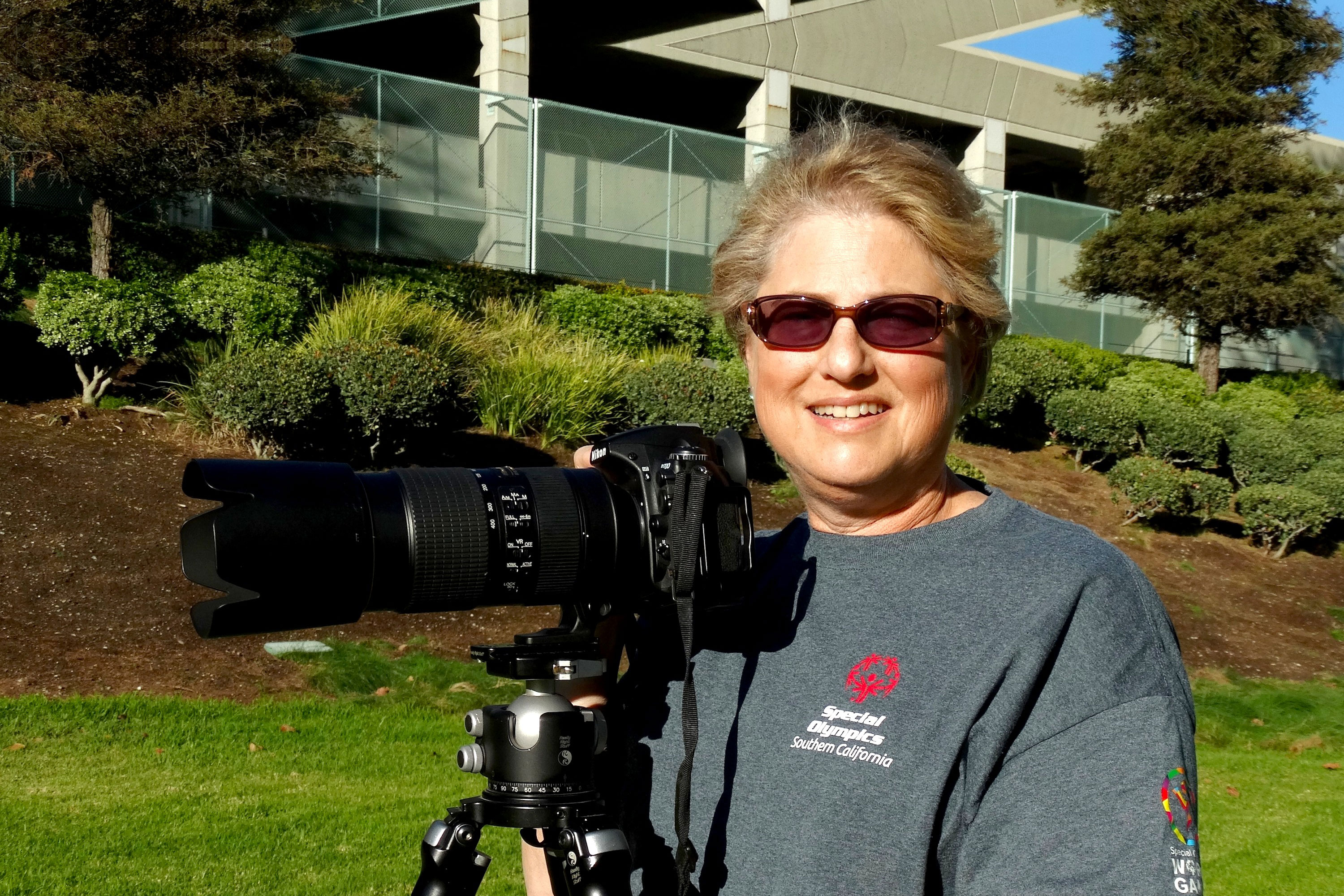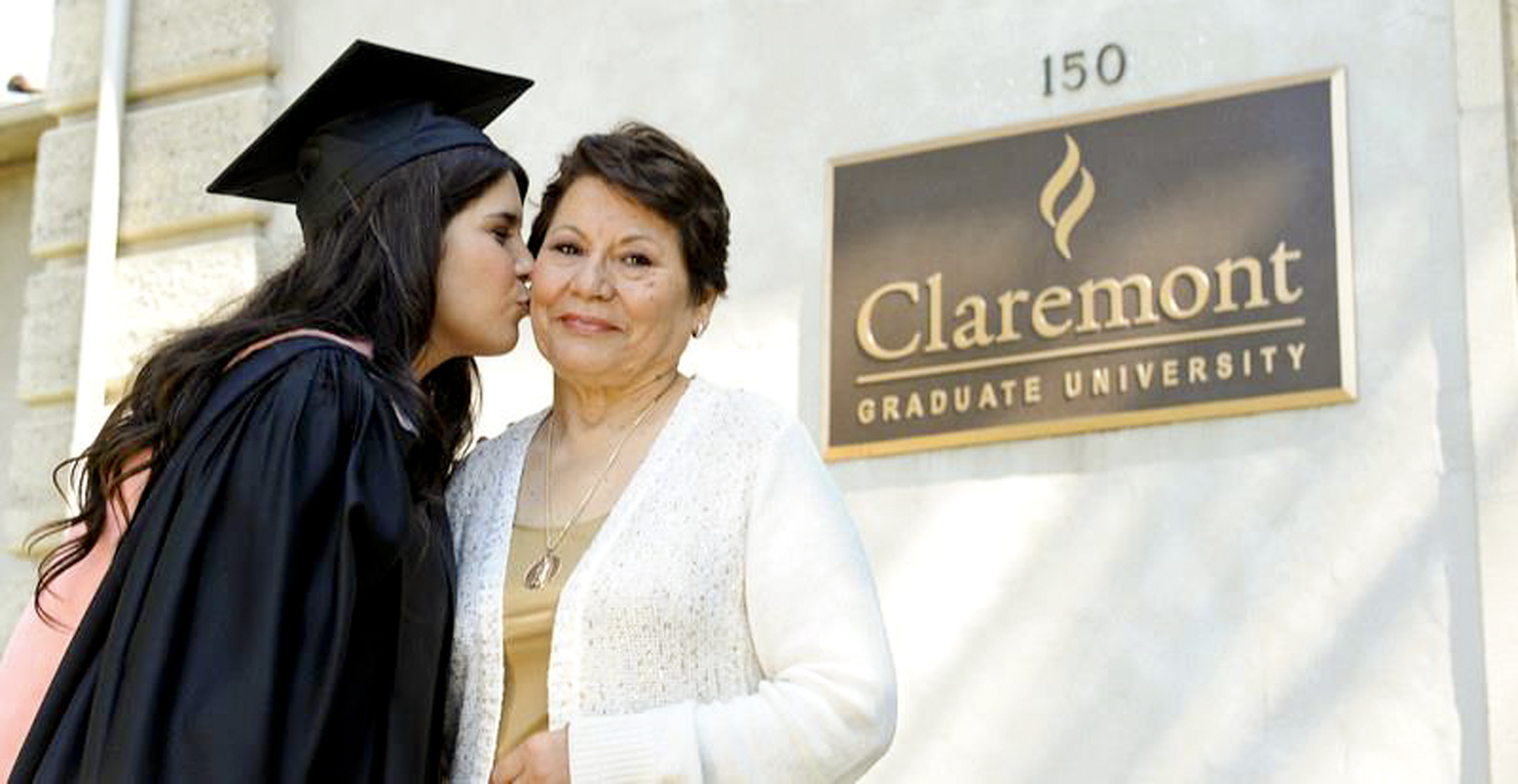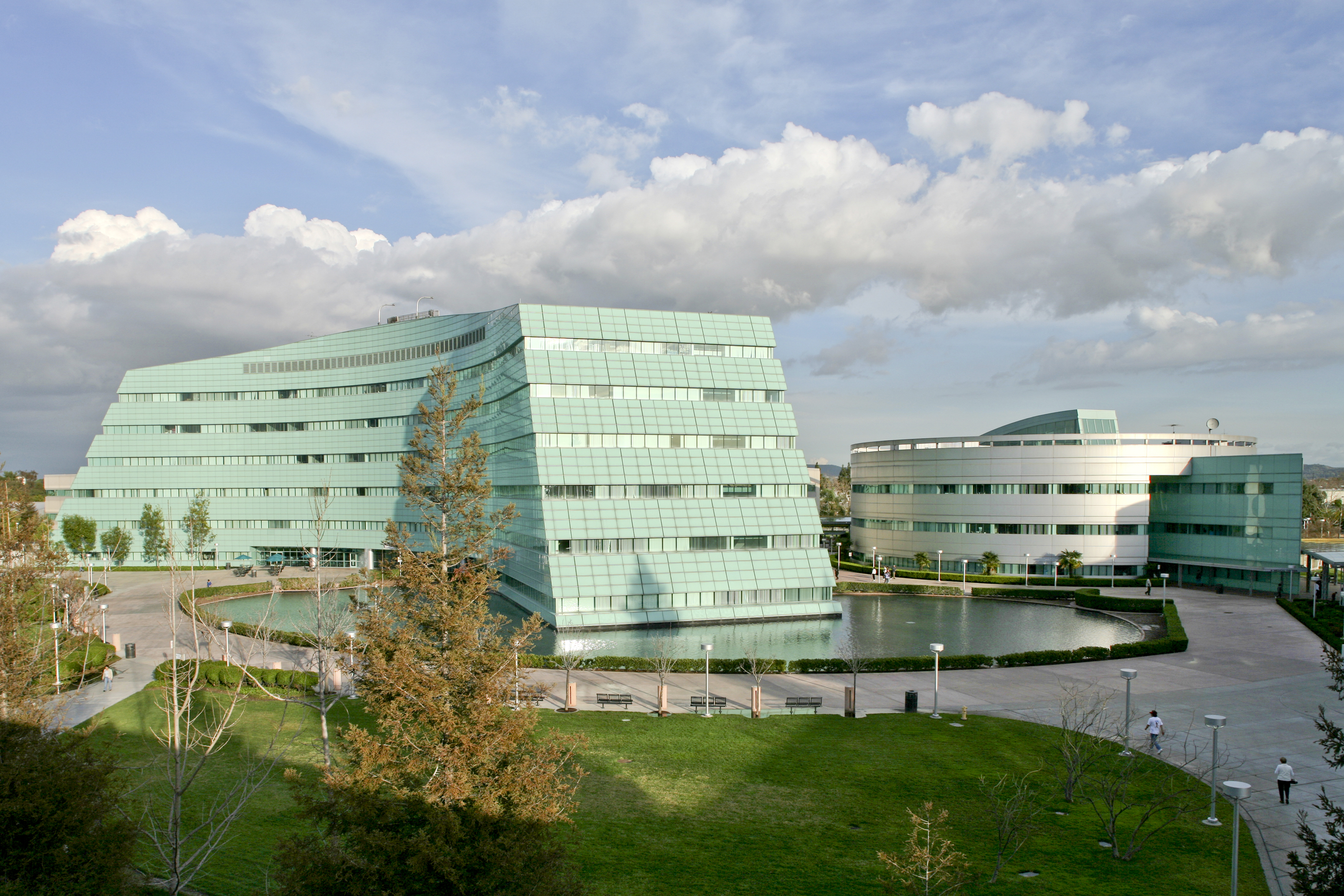
Baldwin Park Medical Center
Community Health is central to our mission because healthy communities are where people thrive. Like our approach to medicine, our work in the community takes a prevention-focused, evidence-based approach. In pursuit of our mission we go beyond traditional corporate philanthropy and grant-making to leverage our internal resources with our physician expertise, clinical practices, health education expertise, and technical assistance. Our commitment to community includes a robust engagement process that lifts the voice of community members and highlights priority health needs in our 2022 Community Health Needs Assessments (CHNA). Through this process, Southern California Kaiser Foundation Hospitals identified urgent social and economic factors that negatively impact community health.
Based on the CHNA findings, the 2022 Implementation Strategy (IS) Plans of Southern California Kaiser Foundation Hospitals apply a health equity lens to outline our commitment to invest, partner, and drive change to improve the health of individuals in communities we serve. While each Kaiser Foundation Hospital IS plan is unique to its service area, the high-level focus areas and strategic priorities we aim to address across Southern California in partnership with community organizations are listed below:
Income and Employment: Economic opportunity provides individuals with jobs, income, a sense of purpose, and opportunities to improve their economic circumstances over time. Example measures include poverty and unemployment rates, and income inequality.
Access to Care: Access to comprehensive, quality health care services is critical for ensuring quality of life. Example measures of access include health care coverage and uninsurance, access to oral health and specialty care, and birth outcomes.
Housing: Safe and secure housing is essential for the health of individuals and families. Example measures include home ownership and homelessness, housing affordability, quality, and cost burden.
Mental and Behavioral Health: Mental & behavioral health affects all areas of life, including a person’s physical well-being, ability to work and perform well in school, and to participate fully in family and community activities. Example measures include access to mental health care, poor mental health and stress, and suicide and deaths of despair (Note: there is a separate need category for substance use).
Education: Higher levels of education are associated with more healthy behaviors, improved quality of life, and higher life expectancy. Example measures include preschool enrollment, on-time high school graduation, and adult educational attainment.
Across these areas, we work to inspire and support people to be healthier in all aspects of their lives, and build stronger, healthier communities. In addition to dedicating resources through Community Benefit, we also leverage substantial additional assets that improve community health, including our healthcare workforce volunteerism.
At Kaiser Permanente, we believe in using the full range of our organization’s assets to improve the health of the communities we serve. We regularly gather data and seek input from our community partners and members to inform our investments and to guide the development of strategies that can make long-term, sustainable change and improve health. We are pleased to share our 2022 Community Benefit Year-End report for the Kaiser Foundation Hospital in Baldwin Park that summarizes our efforts and highlight specific strategies and resources we deployed to respond to the prioritized health needs in the community.
Note: While Kaiser Permanente is committed to addressing these needs, local medical centers will strategically and carefully invite community partners to apply for funding in order to address needs that align with the local Implementation Strategy Plans, which may have some variations of the strategic priorities listed above. Please scroll down to view the areas that are currently being funded in this medical center.
Recent Related News
- May 22, 2018 – Kaiser Permanente Announces $200 Million Impact Investment, Partners with U.S. Mayors and CEOs
- May 14, 2018 – Leadership Winner Recognizes Health Depends on Economic Opportunities
- May 14, 2018 – Kaiser Permanente Joins de Beaumont Foundation as National Partner in CityHealth Initiative
Baldwin Park Medical Center Grants Program
The Kaiser Permanente Baldwin Park Medical Center 2023 Community Benefit Grants are awarded through a “By Invitation Only” grant process.
Kaiser Permanente Baldwin Park Medical Center provides grants to local nonprofit health and human service organizations, cities, and schools that address the priority health needs of the local community. The current funding priorities, funding timeline, and guidelines on how to apply are provided below.
If you would like to apply for Grant or Sponsorship Funding for a broader service area in Southern California or Nationally, visit this site for more information and to apply.
Current Grant Funding Priorities
Kaiser Permanente Baldwin Park Medical Center is currently focused on supporting the following health needs and related strategic priorities. Reviewing this area will help to ensure that your proposed grant project is aligned with these priorities.
- Support programs that improve high school attendance, achievement, and/or graduation for students of color in low[1]income areas.*
*Please note: Research continues to link lower social economic status (SES) to lower academic achievement and slower rates of academic progress as compared to higher SES communities. Our strategy is looking to support efforts that help improve economic mobility of high school students through career exposure (especially health care careers), paid internships paired with support educational services (tutoring, mentoring, etc.,)
- Support organizations that build capacity, provide information about coverage options, assist with eligibility screening, application and enrollment, and advocate for increasing coverage options for low-income individuals.
- Support improved coordination among social service organizations and housing providers.
- Support the education and training of licensed mental health professionals to be culturally competent
- Support the infrastructure and capacity building of community organizations and clinics to improve access to quality mental health.
- Support the integration of mental health care, case management, and navigation services into clinical care and community settings.
- Provide core support to safety net organizations, allowing these organizations to implement initiatives appropriate for the needs of their population (e.g., expansion of specialty care, providing more virtual care for nonsurgical specialties).
- Support the utilization of pipeline and training programs to increase the number of licensed and diverse mental health professionals.
- Support efforts to improve the community and social support system’s knowledge, attitudes, beliefs and perceptions about mental health, trauma and resilience.
- Support organizations that distribute food such as medical tailored meals, prepared food, produce, or other food and meals to school children, families, and those in underserved communities*
* Please note: Children facing food insecurity do worse in school. Food insecurity negatively affects their ability to concentrate and achieve academically. Our strategy is looking to support efforts that help the wellbeing of the family unit by reaching kids when school is out (afterschool, weekends, and summer vacation) and SNAP application enrollment
- Support organizations that provide educational opportunities and programs for youth and adults focused on vaccine education, nutritional education, chronic disease education, and general navigation of the healthcare system*
*Please note: Education matters to health. Our strategy is looking to support efforts that address lack of adequate insurance coverage as this is a way of addressing student/family health care needs to improve their overall quality of life.
Applicant Eligibility
To be eligible for a Kaiser Permanente Baldwin Park Medical Center Community Health grant, an applicant organization (or fiscal agent), must have operations in California and be one of the following types of nonprofit organizations:
- 501 (c)(3) tax-exempt organization with a 509 (a) designation indicating that the organization is not a private foundation
- A local, state or federal government agency, including any of its subdivisions that perform substantial government functions.
In addition, organizations must:
- Provide direct services and/or programs for disadvantaged and/or underserved populations that address the funding priorities identified above.
- Provide services and/or programs within the geographic boundaries of Kaiser Permanente Baldwin Park Service Area, which includes the communities of: Azusa, Baldwin Park, Covina, Diamond Bar, Duarte, El Monte, Glendora, Hacienda Heights, Irwindale, Industry, La Puente, La Verne, Montebello, Monterey Park, Pomona, Rosemead, Rowland Heights, San Dimas, San Gabriel, South El Monte, Temple City, Valinda, Walnut, and West Covina
Kaiser Permanente Baldwin Park Medical Center Community Health does not consider funding requests from international, social, recreational clubs, or for the following:
- Sports teams and tournaments (e.g., golf tournaments, tennis events, walks, and runs)
- Individuals
- Religious purposes
- Partisan political activities
- Endowments or memorials
- Re-granting purposes to other organizations
Kaiser Permanente Baldwin Park Medical Center will not consider requests from organizations that discriminate based on gender, age, economic status, educational background, race, color, ancestry, national origin, sexual orientation, gender expression, gender identity, or marital status in your programs, services, policies and administration. In addition, Community Health grants will not be awarded for activities, events, or programs organized or solely sponsored by alcohol, tobacco, pharmaceutical companies, or companies that produce firearms.
We generally do not provide grants for academic research, capital campaigns, event sponsorships (including community health fairs), or political campaigns.
Grant Award Parameters and Considerations
Preference will be given to requests based on the following considerations:
- Request falls within one or more of the grant-making focus areas: Access to Care, Mental Health, and Economic Security.
- Grant objectives are specific, measurable, action-oriented, and time-defined.
- Grant outcomes clearly indicate what will change because of the proposed request.
- Grant budget includes other sources of funding and demonstrates sustainability.
- Population served is clearly defined and high-priority based on ethnic and geographic disparities, low-income and high health risks.
- Capacity building grant requests will be considered.
- Repeat grant applicant has a positive reporting and evaluation history of previous grant awards.
To view your submitted application click here.
Grantmaking Contact
By the Numbers
Looking for CHNA Reports?
You can find all the CHNA Reports organized by Year and Medical Center in the Community Health Needs Assessment (CHNA) Section of the Service Areas Page.
Downloads
- Mental Health and Wellness Resources
- Mental Health and Wellness Resources (Spanish)
- Thriving Schools Initiative
- Thriving Schools Integrated Assessment Overview
- Youth Mental Health First Aid Training
- Thriving Families
- Educational Theatre Previews
- Inner City Capital Connections Program
- Materials Order Form

